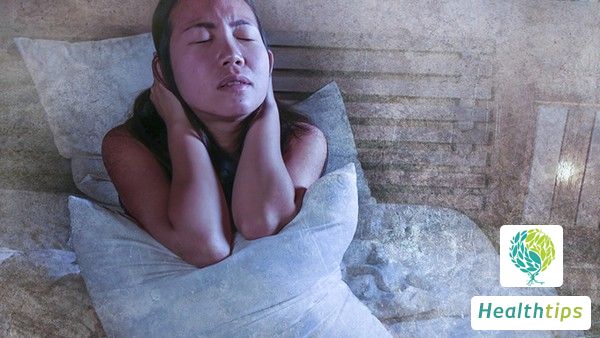If a child's symptoms are relatively minor and do not affect their normal life and studies, generally, no special treatment is required. However, if they have seriously affected the child's life and studies, timely psychological intervention, medication, and other treatments are necessary.

I. Situations that Do Not Require Treatment
1. Observation: For some children, as they grow older, their social and linguistic abilities will gradually improve. Parents can observe the child for a period of time.
2. Educational Training: For children with less severe conditions, parents should provide more patience and companionship in daily life. They should also encourage the child to actively participate in group activities, such as outdoor sports and parent-child games, which can help promote the child's language development and social communication skills.
II. Situations that Require Treatment
1. Psychological Intervention: If a child's symptoms are severe and accompanied by obvious communication barriers, stereotyped behaviors, etc., it is recommended that parents take the child to the hospital for a visit. If necessary, psychological counseling through cognitive behavioral therapy or other methods can be conducted under the guidance of a doctor to help alleviate discomforting symptoms.
2. Medication: If a child still exhibits significant emotional abnormalities or impulsive behaviors, they can be prescribed anti-psychotic drugs such as Risperidone and Aripiprazole, but they should not be taken without medical supervision to avoid adverse reactions. Additionally, rehabilitation training methods such as sensory integration training and music therapy can be used as adjunctive treatments.
In daily life, parents should pay attention to the child's psychological care, avoiding excessive stress, anxiety, and other emotions. Dietarily, attention should be paid to balanced nutrition intake, with an appropriate increase in protein-rich foods, which helps to strengthen the child's constitution.

